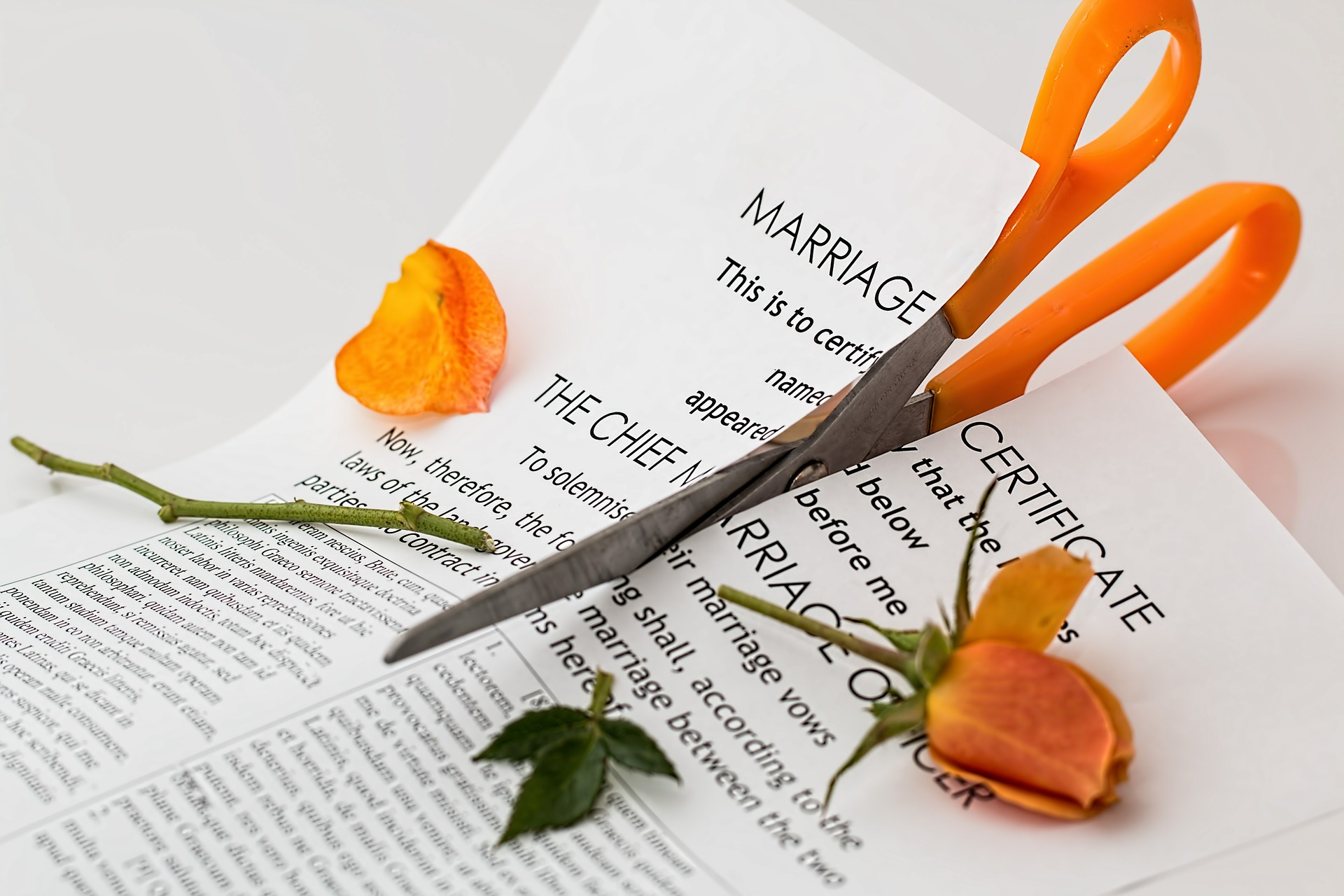
11 Aug Can my husband’s ex still get part of his 401(k) and pension?
Photo: pixabay.comQ. My husband, 56, divorced his first wife in 2009. The divorce decree awarded her 50% of his 401(k) and pension. The decree stated she had six months to file a Qualified Domestic Relations Order (QDRO). He stopped adding funds to his 401(k) when they initially separated, which was two years before the divorce. It has now been 12 years and his ex-wife has never filed a QDRO. The 401(k) has since doubled in value. Does the ex still have the legal standing to file a QDRO even though it’s long past the window the court stated? If so, would she be eligible for 50% of the current value or the value of the account in 2009?
— Married still
A. Divorce agreements can be complicated.
Your answer will depend in large part of the language of the divorce agreement.
Unless it explicitly asserts that your husband’s former spouse expressly waives her right to share in the retirement assets if she doesn’t submit a timely QDRO, a court will probably decide in her favor, said Jeralyn Lawrence, a family law attorney with Lawrence Law in Watchung.
The court would most likely provide her with her contemplated value of the accounts, along with any passive growth or loss on her share, she said.
“Passive growth excludes any contribution(s) made by your husband following his divorce from his former spouse, and his former spouse would not be entitled to share in any post-complaint contributions made by your husband,” Lawrence said.
While it appears that the agreement provides a timeframe within which to effectuate the QDRO and division of the retirement assets, family law courts are courts of equity and fairness, she said.
“While your husband may make a legal argument for laches, or lack of diligence in making a legal claim for relief, his former spouse’s failure to proceed in a timely manner with the QDRO process will most likely not prevent her from receiving the share of retirement accounts to which she is entitled under the terms of the agreement itself,” Lawrence said. “However, she will be limited to that value, alone, and will not be permitted to reap the benefit of any growth on your husband’s share of the account that has accumulated from his active contributions or passive growth to these accounts following their divorce to the present day.”
Email your questions to .
This story was originally published on Aug. 11, 2021
NJMoneyHelp.com presents certain general financial planning principles and advice, but should never be viewed as a substitute for obtaining advice from a personal professional advisor who understands your unique individual circumstances.

